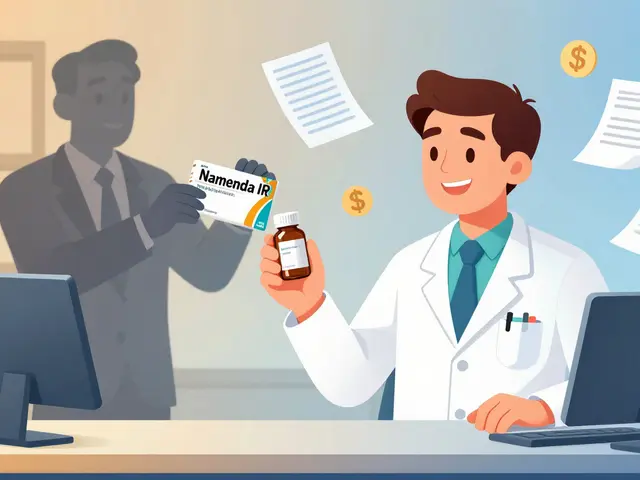Sleep medication: what works, what’s risky, and how to stay safe
Can’t sleep and thinking about taking a pill? Sleep medicines can help, but they’re not one-size-fits-all. This page gives quick, practical info so you can choose safer options and avoid common mistakes.
Common types of sleep meds
Here are the groups you’ll see most often and what to expect from each:
- Benzodiazepines (temazepam, lorazepam): strong sedatives. Good for short-term use, but they can cause dependence and daytime drowsiness.
- Z-drugs (zolpidem, zaleplon): work like benzos for falling or staying asleep. Often better tolerated, but still risky long-term.
- Orexin antagonists (suvorexant): newer class that helps you stay asleep. Side effects can include sleepiness the next day.
- Antidepressants used for sleep (trazodone, amitriptyline): used at low doses when insomnia and mood issues overlap. Watch for interactions with other meds.
- Over-the-counter antihistamines (diphenhydramine): cheap and common, but cause dry mouth, confusion, and fall risk in older adults.
- Melatonin and supplements: milder, helpful for jet lag or shifting sleep times. Quality and dosing vary, so buy from reputable brands.
Practical safety tips
Start with behavior changes first. Cognitive Behavioral Therapy for Insomnia (CBT-I) is the most effective long-term fix. Try sleep hygiene: consistent bedtime, fewer screens, less caffeine after mid-afternoon.
If you use medication, follow these rules: use the lowest effective dose, limit duration when possible, and avoid mixing sedatives with alcohol or opioids. Those combinations raise the risk of dangerous breathing problems.
Be careful if you take other drugs. Many sleep meds interact with antidepressants, blood thinners, heart drugs and pain meds. Ask your pharmacist to check interactions—it's a quick call that can prevent big problems.
For older adults, avoid strong antihistamines and high-dose sedatives. They increase falls, memory issues, and confusion. Doctors usually prefer gentler options or behavioral therapy for seniors.
Stopping certain sleep meds suddenly can cause rebound insomnia or withdrawal. If you need to stop, ask your clinician about a slow taper plan.
Thinking of buying sleep medication online? Only use pharmacies that require a prescription, list a licensed address, have clear contact details, and use secure payment. Red flags: no prescription needed, prices that are unrealistically low, and poor shipping details. When in doubt, ask your doctor or use a well-known local pharmacy.
Want a better sleep plan right now? Try consistent bedtimes, remove bright screens an hour before bed, get daylight exposure during the day, and limit naps. If trouble continues more than a few weeks, talk to your doctor about evaluation and safer treatment options.
Need help checking interactions or choosing a pharmacy? Your pharmacist is a free, practical resource—use them.



